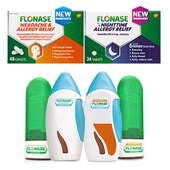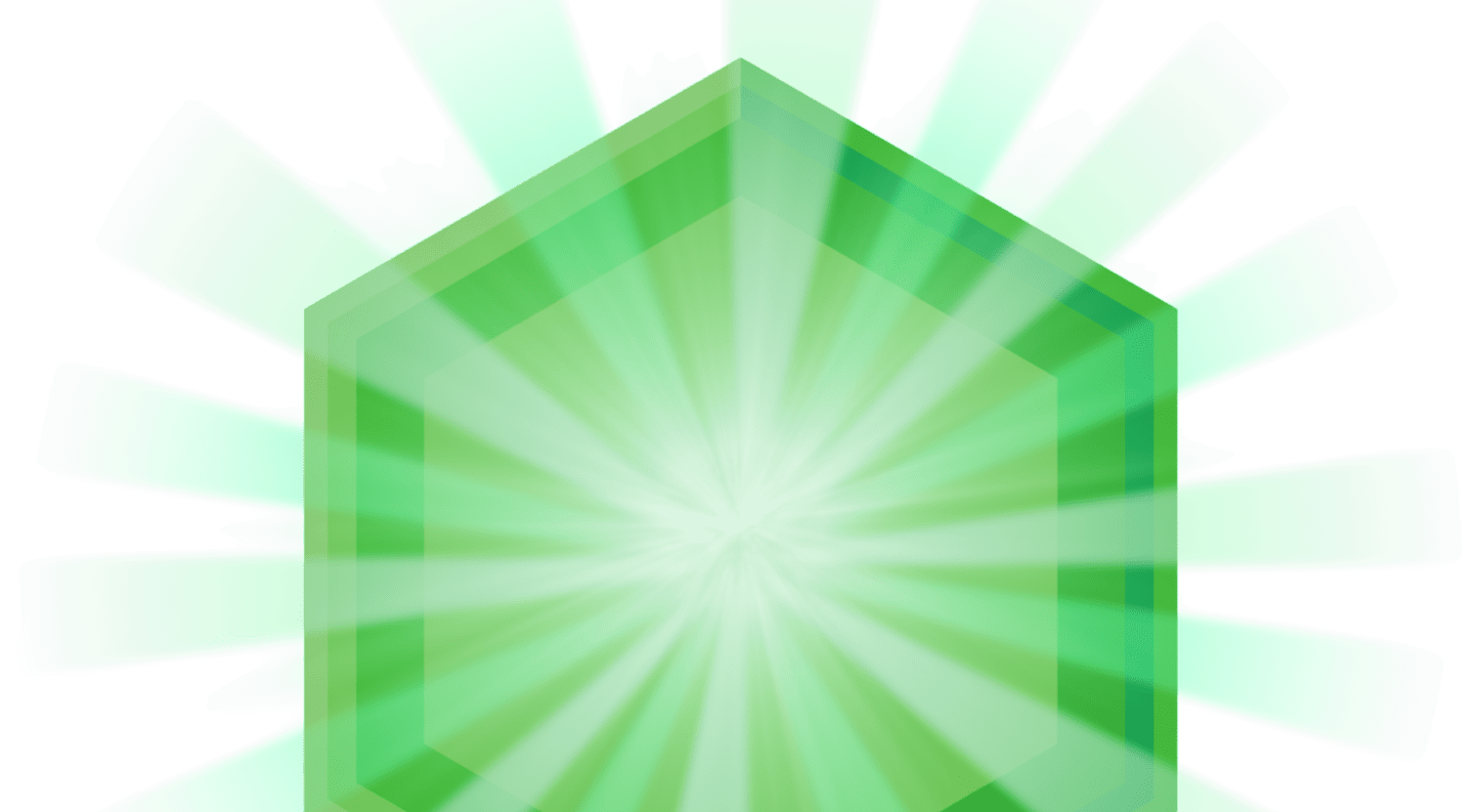
WHEN IS ALLERGY SEASON?
You may have heard the phrase “allergy season is upon us”, but what exactly does that mean? When does allergy season start? Or, better yet, when do seasonal allergies end?
Read on to learn all you need to know about seasonal allergies–including what you can expect throughout the year if you experience allergies, common allergy symptoms, and how you can best prepare for allergy season.
WHAT ARE SEASONAL ALLERGIES?
Seasonal allergies (also called hay fever or allergic rhinitis) are allergy symptoms that only occur at certain times of the year, usually when allergens like mold spores and different types of pollen from trees, grasses or weeds are released into the air.1
WHAT ARE SEASONAL ALLERGY SYMPTOMS?
If you are allergic to mold spores or pollen – just as with other allergies such as dust or pet allergies – your immune system cells will treat these allergens as a threat, and react by releasing substances such as histamine into your bloodstream to help combat them.1 This release of histamine can cause common allergy symptoms such as:2
- Sneezing
- Runny or stuffy nose (nasal congestion)
- Itchy, watery eyes
- Itchy mouth or skin
- Fatigue(often due to poor quality sleep as a result of nasal congestion)
You can develop seasonal allergies at almost any age; however they usually develop by around the age of 10 and peak around your early 20s. Seasonal allergy symptoms can also often disappear later in life.1
WHEN IS ALLERGY SEASON?
It may surprise you to learn that there actually isn’t one allergy season. In fact, allergy season occurs all year round. Depending on what you’re allergic to, you may experience allergy symptoms at different times of the year compared to people who have other types of allergies.
Generally speaking, however, there are three ‘allergy seasons’ when certain outdoor allergens tend to be airborne in greater numbers: spring, summer, and fall.
SPRING ALLERGY SEASON
In many parts of the US, spring allergy season can start as early as February and go on until the early summer. Trees begin producing pollen early in spring, followed by grass later on in the season. A particularly rainy spring season can also result in more rapid plant growth, leading to a spike in mold spores around this time.3
Unfortunately for spring allergy sufferers, more than two-thirds of this group actually experience symptoms all year round.3
Learn more about spring allergies.
SUMMER ALLERGY SEASON
During summer, grass varieties are major offenders of pollen release and seasonal allergy symptoms.
Ragweed allergies will also flare up during the summer allergy season, as this weed often pollinates from as early as mid to late July in certain areas of the US. Ragweed season usually peaks around early September and then ends around November.3, 4
Learn more about summer allergies.
FALL ALLERGY SEASON
Ragweed is also the main culprit of fall allergies, particularly on the East Coast and in the Mid-West.
During the fall months, people who have allergies to plants including burning bush, cocklebur, lamb’s-quarters, pigweed, sagebrush, tumbleweed and Russian thistle are also more likely to experience seasonal allergy symptoms.3
Learn more about fall allergies.
WHEN IS ALLERGY SEASON OVER?
Since there is no one answer to the question, when is allergy season?, it’s also hard to say when allergy season is over; particularly when many people with allergies will experience them at different times from one another.
Many people experience year-round allergy symptoms, regardless of when certain allergy seasons start and end.2, 5 Allergy symptoms can also be caused by common indoor allergens – such as dust mites, pet dander, insects and mold – which can be hard to avoid day-to-day.2If you are only allergic to one type of pollen or mold, however, allergy season may be over for you when that allergen is no longer prevalent.
To find out what’s causing your allergy symptoms, consult your doctor or an allergist. They can advise you on how best to manage and treat your seasonal allergy symptoms.
HOW TO PREPARE FOR ALLERGY SEASON
There are many ways that you can get prepped for seasonal allergies, and one of the best ways to start is by reducing your exposure to allergens like pollen.
Discover our simple tips on how to prepare for allergy season – from checking pollen reports in your area to dressing for pollen-heavy weather.
If you are suffering from allergy symptoms, however, you can manage them with an effective over-the-counter allergy relief medicine, like FLONASE Allergy Relief Spray. FLONASE relieves allergy symptoms by blocking six of the inflammatory substances produced by your body in response to allergens, while most allergy pills only block one.†**
FLONASE relieves nasal congestion, as well as sneezing, itchy, watery eyes*, and runny nose – for more complete allergy relief.**
†Mechanism vs most over-the-counter (OTC) allergy pills. FLONASE nasal sprays act on multiple inflammatory substances (histamine, prostaglandis, cytokine, tryptases, chemokine, and leukotrienes). The exact number and precise mechanism are unknown.
* FLONASE SENSIMIST is indicated for itchy, watery eyes in adults and children 12 years of age and older.
** vs single-ingredient antihistamines which do not treat nasal congestion
For more information on allergy season, watch our quick video below.
Sources:
- Seasonal allergies. Nemours Kids’ Health. https://kidshealth.org/en/parents/seasonal-allergies.html. Accessed 17/07/20.
- Allergic Rhinitis. American College of Allergy, Asthma and Immunology. https://acaai.org/allergies/types/hay-fever-rhinitis. Accessed 17/07/20.
- Seasonal Allergies. American College of Allergy, Asthma and Immunology. https://acaai.org/allergies/seasonal-allergies. Accessed 17/07/20.
- Ragweed Allergy. Asthma and Allergy Foundation of America. https://asthmaandallergies.org/asthma-allergies/ragweed-allergy/. Accessed 17/07/20.
- Allergic rhinitis. NHS. https://www.nhs.uk/conditions/allergic-rhinitis/. Accessed 17/07/20.




